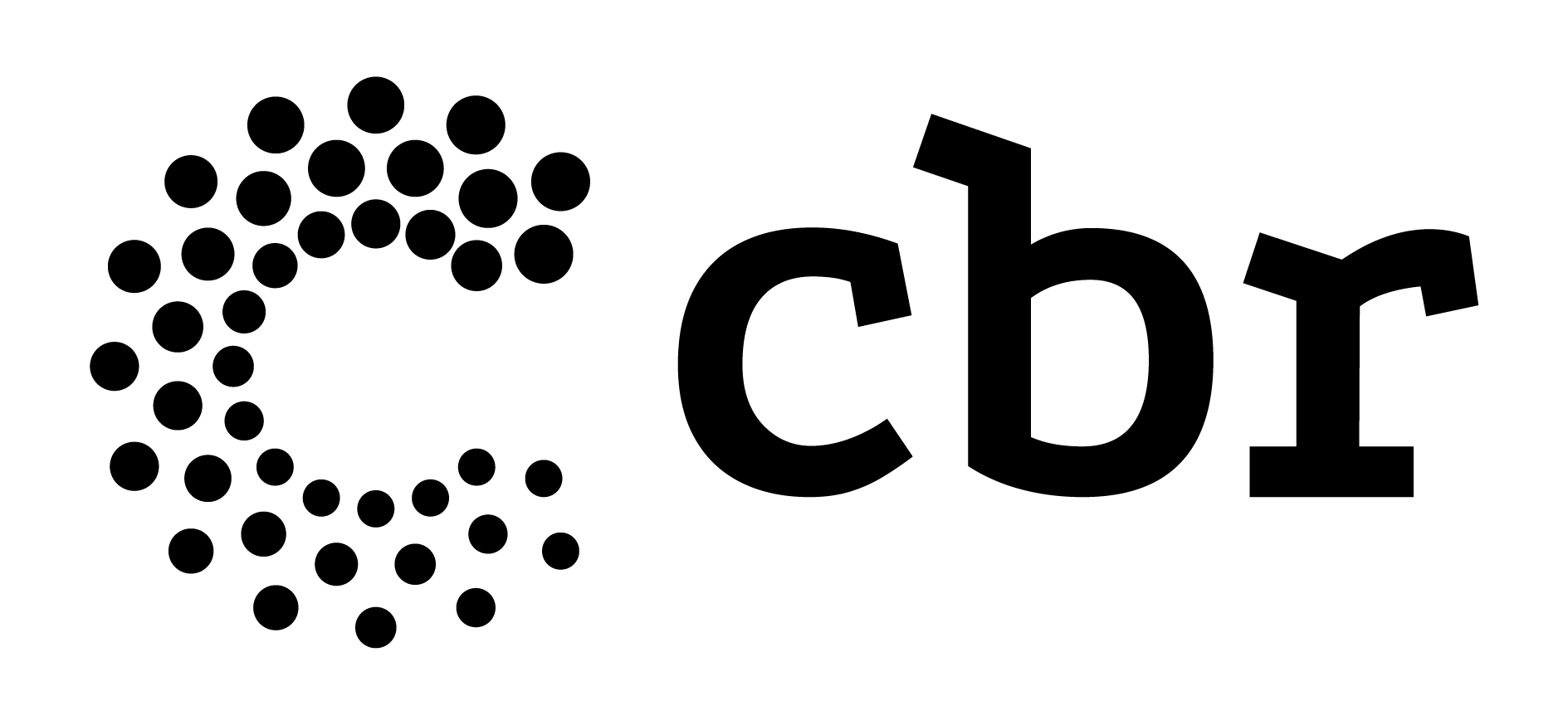Check article signed by Dr. Alan Skorkowski, lawyer for CBR's legal advisory, on the age classification for carrying out tests and the respective obligation to have a companion on site.
Initially, it should be clarified that the Brazilian Civil Code, with regard to the ability to perform acts of civil life in relation to age, includes the following classification: minors under 16 years of age, if absolutely incapable, must be represented; Minors between 16 and 18 years of age, if relatively incapable, must be assisted to perform certain acts.
The Statute of the Child and Adolescent, in turn, considers a child to be up to 12 years of age, and an adolescent to be between 12 and 18 years of age, in accordance with what is written in its Article 2.
Based on the criteria described above, the Regional Councils of Medicine (CRMs) have recommended that, in medical care for a child – therefore, for a person up to 12 years of age –, it is necessary to be accompanied by a legal guardian and, in the case of of an adolescent – someone aged between 12 and 18 years old –, it is possible for him to be unaccompanied, if he so wishes, being guaranteed the rights of autonomy and secrecy (with the exception of situations provided for by law and/or those that characterize risk of death to the patient or others).
CFM Opinion No. 25/13 raises some guidelines on the issue:
• In case of urgency/emergency, care must be taken to ensure the greatest possible safety for the patient. After this step, communicate with those responsible as soon as possible;
• In pre-adolescent patients, but in conditions of spontaneous attendance at the service, the service can be carried out and, simultaneously, established contact with those responsible;
• With regard to adolescent patients, there is an international consensus that, between 12 and 18 years of age, they already have their privacy guaranteed, especially if they are over 14 years and 11 months old, as in this situation they are already considered mature in terms of understanding and compliance with the guidelines received;
• In the range of 12 to 14 years and 11 months, the service can be carried out, and, if necessary, inform those responsible.
“The concept of a mature teenager, however, may, according to the professional's assessment, not be restricted only to the age group, since in the dynamism that characterizes this phase of development, maturation can suffer variation due to socio-environmental and personal influences. Finally, care must be taken to comply with art. 74 of the Code of Medical Ethics, which prohibits physicians from: 'Revealing professional secrecy related to a minor patient, including their parents or legal representatives, provided that the minor has the ability to discern, except when non-disclosure could cause harm to the patient '" stresses Dr. Celso Murad, draftsman of the opinion.
Finally, in addition to the notes and guidelines presented so far, it should be noted that in all cases it is absolutely recommended that a companion be present in the room when the examination is carried out.



